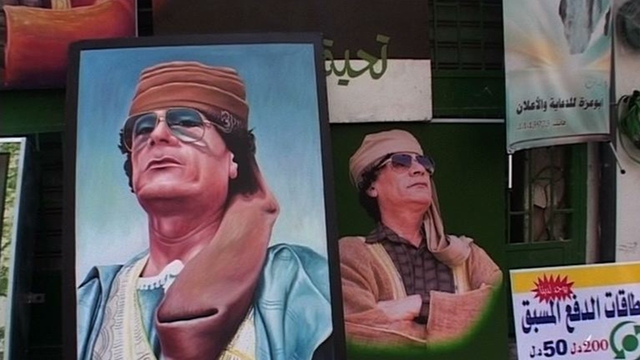The New Libya
Can Colonel Gaddafi Turn Around Libya's Fortunes?
 After years of isolation from the international community, it looks as though Libya is on the road to reform.
After years of isolation from the international community, it looks as though Libya is on the road to reform.
Colonel Gaddafi is the longest serving Arab leader in power. After seeing the deposal of his old ally Saddam Hussein, it appears that Gaddafi is willing to make changes which might protect his regime. To end sanctions placed on Libya since the infamous Lockerbie bombing, Gaddafi is to pay a compensation package. "It's not compensation. It's a price," claims Gaddafi. The 'price' for acceptance in the global community. It now seems that part of this 'price' is open disarmament. True to form, the timing of Gaddafi's announcement to disarm was impeccable - it came just two days before the 15th anniversary of the Lockerbie bombing. He has also dropped Libya's compensation claims for America's 1986 bombing. But Libya is currently facing its own economic failure and reform is necessary. Gaddafi's unique blend of socialist/Islamic thought is not working in the nation's best interest. "Our public sector has proven to be sluggish, sometimes even corrupt," states P.M. Shukri Ghanem. He hopes to privatise large sections of the economy in order to speed economic growth. But the key to Libya's success in securing positive international acceptance lies in its vast, unexplored oil fields. ,"American companies will stampede in" states Tarek Hassan Beck. But some Libyans are cynical about the reforms. If external pressure is removed from Libya then the regime will be strengthened, and for some this does not bode well for the people. "Gaddafi will feel that he's secure with the West and he's going to be free to be even more oppressive with his own people."
Produced by SBS Australia.
FULL SYNOPSIS
Produced by SBS Australia.

